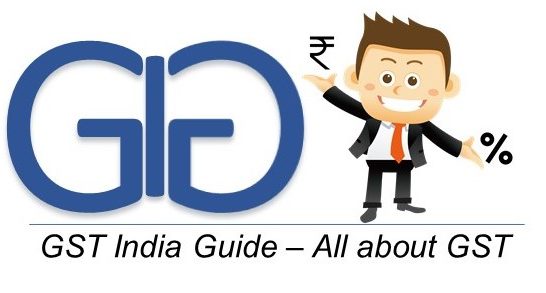After an eight-hour debate, the Lok Sabha on Wednesday passed four GST or Goods and Services Tax-related bills putting the government on course for the launch on July 1 of the country’s biggest tax reform since Independence. GST will subsume a slew of indirect taxes levied by the Centre and states, transforming India into a single market. The bills will now be presented in the Rajya Sabha or Upper House of Parliament. Calling it a “very significant step forward”, Union Finance Minister Arun Jaitley said, “We seem to be on time… (we are) reasonably optimistic about meeting the deadline”. Read All About GST from Beginning
Here are 10 latest developments in GST Bills:
- “I congratulate countrymen on the GST Bill being passed. New year, new law, new India,” Prime Minister Narendra Modi has tweeted.
- The bills passed on Wednesday are the Central GST bill, the Integrated GST bill, the Union Territories GST bill and the compensation law. After Parliament’s nod, a state GST bill will be presented in state assemblies for their approval.
- Finance Minister Arun Jaitley made a strong pitch for a simple tax regime in the House, saying GST will make commodities “slightly cheaper”.
- To the opposition’s objection to a GST with multiple rate slabs, the Finance Minister said, “If there are no multiple rates, it will become a highly regressive tax… Some goods are essential for the poor.” To illustrate his point he said, “A BMW and Hawai chappal (slippers) can’t have the same tax. What is the good, who uses it, matters.”
- The proposed GST rates range from five to 28 per cent, with 12 per cent and 18 per cent being the standard rates. It has not been decided yet which tax rates will apply to which categories of goods.
- Speaking during the debate, the Congress’ Veerappa Moily accused the BJP of costing India 12 lakh crores by opposing the reform when it was initiated by his party when it ruled at the centre. He criticised various provisions in the bills and said the BJP’s effort was “not a game-changer, but only a baby step.”
- Mr Moily also accused the government of undermining the Rajya Sabha or Upper House. “The Upper House is the council of states, yet it has no right to discuss crucial bills. This is an assault on federal structure – I say that all members of the Rajya Sabha must resign,” he said.
- Because the four bills have been presented as “money bills”, the Rajya Sabha, where the government is in a minority, can only suggest changes. These will be brought back to the Lok Sabha, which can choose to accept or reject them.
- The government has emphasised that it wants the GST bills to be passed in parliament with the consensus as was witnessed in August last year when a bill to amend the Constitution was passed to facilitate the launch of GST.
- The one-nation one-tax regime is expected to boost the rate of economic growth by about 0.5 percentage points, broaden the revenue base and cut compliance cost for firms.
NDTV, 30 March 2017

